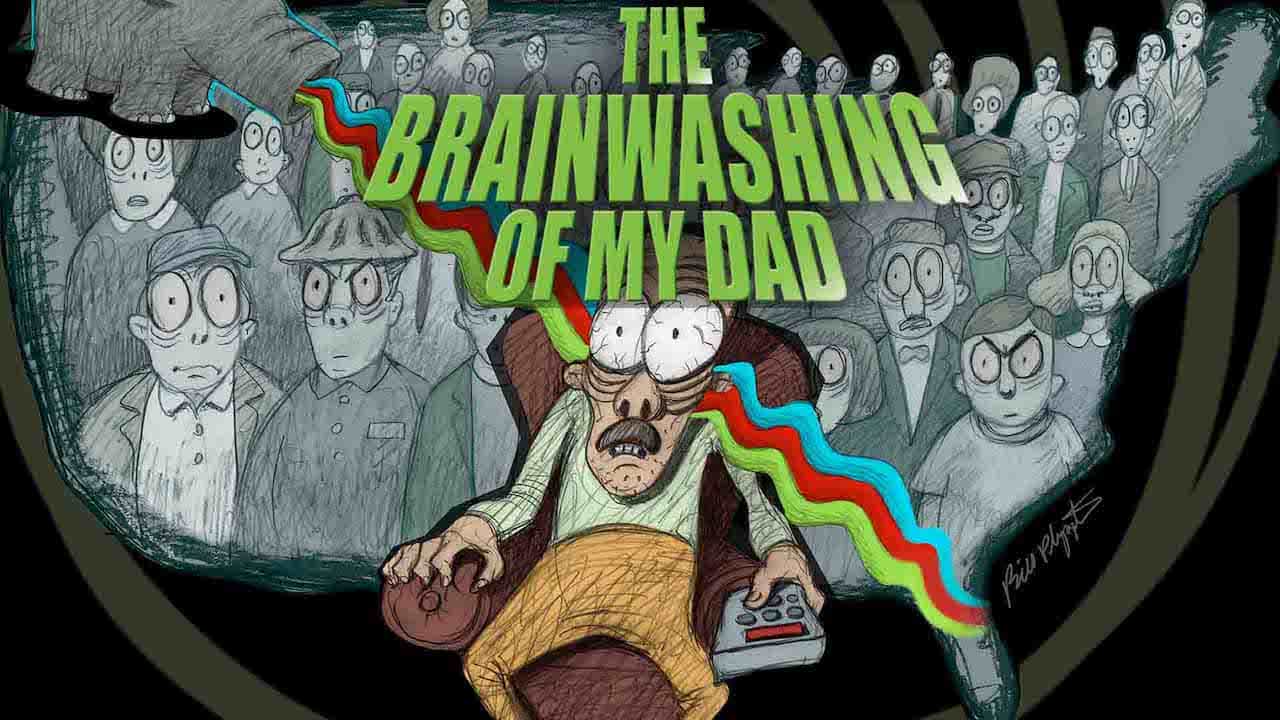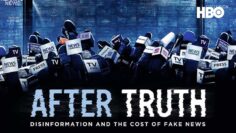The Brainwashing of My Dad
The Brainwashing of My Dad presents filmmaker Jen Senko’s personal journey to understand her father’s radical transformation from a non-political Democrat to an angry, right-wing Republican. Through her father’s story, Senko uncovers a broader phenomenon affecting many Americans, particularly older white men.
The documentary traces the origins of this transformation to the 1970s, when Roger Ailes, working under President Nixon, developed a plan for a media takeover by the Republican Party. It highlights key events that shaped the media landscape, including the 1971 Powell Memo, which urged business leaders to influence public opinion through media, universities, and courts.
Senko’s investigation reveals how the dismantling of the Fairness Doctrine under President Reagan in 1987 and the Telecommunications Act of 1996 signed by President Clinton further contributed to the changing media environment. These policy changes allowed for the proliferation of right-wing talk radio and cable news channels, which played a significant role in her father’s ideological shift.
The film features interviews with media experts, cognitive linguists, and grassroots activists, including Noam Chomsky, Steve Rendall, Jeff Cohen, and George Lakoff. These experts provide context and analysis of the broader media landscape and its impact on public opinion. Through these conversations, the documentary illustrates how media manipulation has led to fewer diverse voices, increased misinformation, and greater division within the country.
Senko’s father’s transformation began during his long commutes to work when he started listening to conservative talk radio, particularly Rush Limbaugh. This exposure, combined with watching Fox News, gradually changed his political views and personality. The documentary suggests that this pattern is not unique to Senko’s father but is part of a larger trend affecting many older Americans.
The Brainwashing of My Dad also explores the psychological aspects of this transformation, discussing how repetitive exposure to certain media messages can shape beliefs and attitudes. It raises questions about media ownership, listeners’ and viewers’ rights, and the government’s responsibility in maintaining fair and accurate airwaves.
The documentary includes stories from other families who have experienced similar situations, demonstrating the widespread nature of this phenomenon. These accounts highlight the emotional toll that political polarization can take on family relationships.









